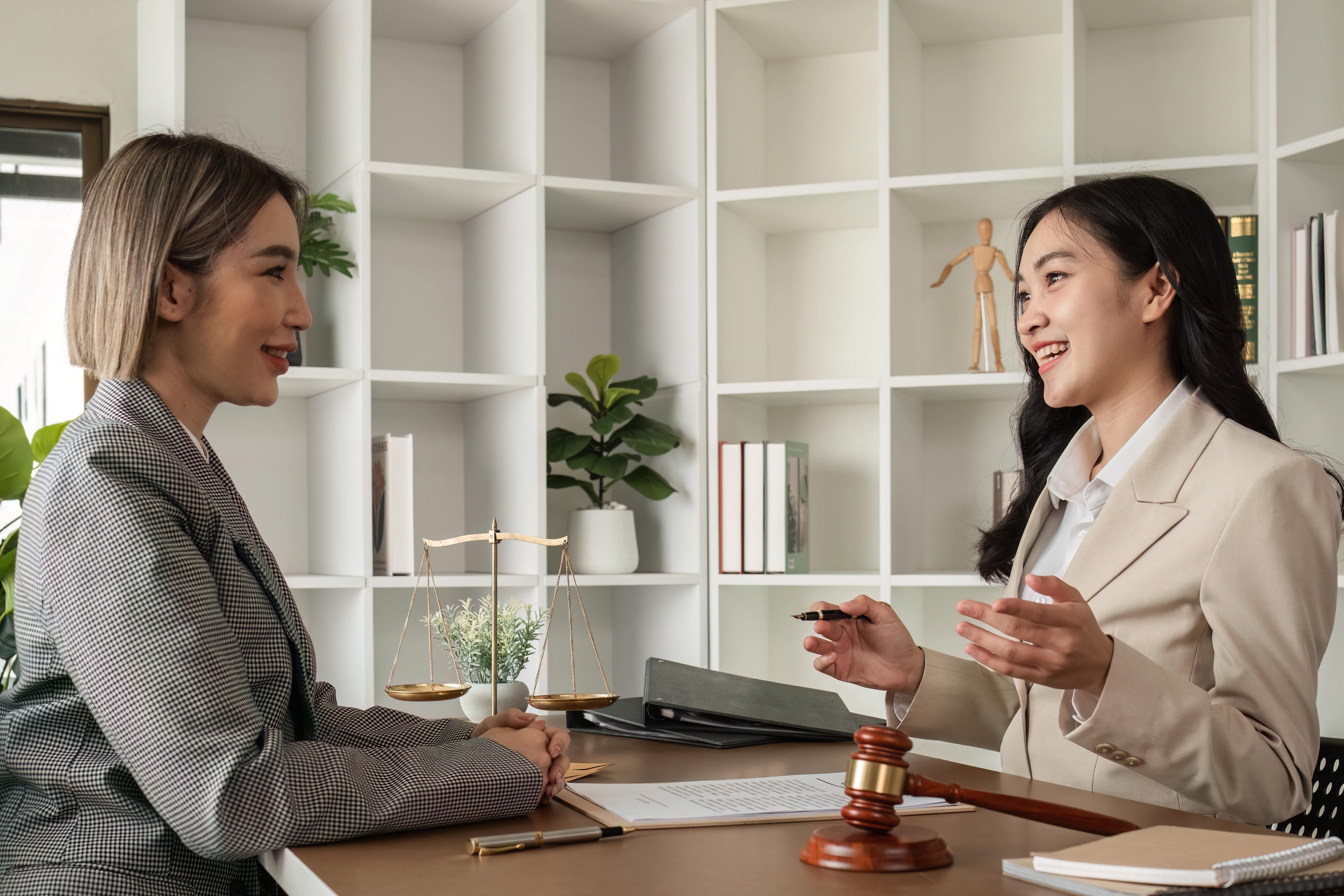What to Expect in Your First Meeting with a Lawyer
Taking the first step toward seeking legal advice can be an anxiety-inducing and intimidating experience. The prospect of discussing personal matters or complex situations with a professional may feel overwhelming, but it doesn’t always have to be. Your initial meeting with a lawyer is not a trial; it is a collaborative conversation aimed at clarifying your situation and exploring potential solutions. The key to making it a productive experience is to arrive prepared and informed. This guide is designed to demystify the process, helping you feel more confident and in control, whether you are seeking an immigration lawyer consultation or advice on another legal matter. A specialist, such as a dedicated Sydney immigration lawyer from Integrity Alliance Trustable Lawyers, can definitely provide crucial insights and guidance.
Step 1: Preparing for Your Consultation
A well-prepared client is a lawyer's best ally. Before your first meeting, taking a few key steps will help you maximise your time and ensure that the lawyer has all the information they need to provide accurate advice.
- Organize Your Thoughts: Before you gather any paperwork, take some time to write down a clear timeline of events. Start from the beginning and note all relevant dates, locations, and individuals involved. This chronological account will provide a comprehensive overview of your situation and ensure you don’t forget any crucial details during the meeting.
- Gather All Relevant Documents: This is one of the most critical steps. Your lawyer needs to see any and all documentation related to your case. For individuals seeking migration services, this could include passports, birth certificates, previous visa applications, rejection letters, and any correspondence with the Department of Home Affairs. If you are looking into a visa refusal appeal in Australia, gathering the initial application and the refusal notice is paramount. Having these documents organised and easily accessible will allow the lawyer to quickly assess the facts and understand your legal position.
- Compile a List of Questions: Don't be afraid to ask questions. A good lawyer will welcome them. Writing down your questions beforehand ensures you don't forget anything important and allows the conversation to flow more efficiently. Consider questions about the lawyer’s experience with cases similar to yours, the potential strategies for your situation, and the estimated costs and timelines involved. A list of questions can transform your immigration lawyer consultation from a one-way information dump to a two-way dialogue.
- Understand the Difference Between a Lawyer and an Agent: For those navigating immigration, it is important to know the difference between a migration lawyer and a migration agent. While both can offer migration services, a lawyer has a more comprehensive legal education and is bound by a higher level of ethical conduct. A lawyer can represent you in court and handle complex issues like conducting a visa refusal appeal in Australia, which an agent is unable to. It is a crucial distinction, especially if your case is contentious. For example, when your situation is about immigration, then it requires an expert immigration lawyer in Sydney to ensure that your rights are better protected.
Step 2: During the Meeting

Once you are in the room, it is your time to shine. The goal is to provide a complete and honest picture of your situation so that your immigration lawyer in Australia can give you the best possible advice.
- Be Honest and Transparent: You need to be completely honest with your lawyer. Withholding information, even if you think it's irrelevant or embarrassing, can potentially harm your case. Your lawyer is bound by strict confidentiality and cannot use the information against you. Their ability to represent you effectively depends on their having a full and truthful understanding of the facts.
- Discuss Fees and Payment Structure: Don't shy away from the topic of money. Ask about the lawyer’s fee structure upfront. Some lawyers charge an hourly rate, while others offer a fixed fee for certain services. Clarify what is included in the fee, such as administrative costs or court fees, and establish a clear payment plan. This conversation is essential for setting expectations and avoiding any misunderstandings down the line. A qualified immigration lawyer in Sydney should be able to provide a transparent fee structure.
- Listen Actively and Take Notes: While it is important to speak openly, you also need to listen to what the lawyer is saying. Pay attention to their initial assessment of your case and the strategies they propose. Taking notes can help you remember key points and allow you to ask follow-up questions. This is particularly helpful when discussing timelines or the potential outcomes of your situation.
- Ask About the Next Steps: By the end of the meeting, you should have a clear understanding of your next steps. Ask the immigration lawyer what they recommend you should do and what you can expect in the coming weeks. A good legal strategy is a collaborative process, and you should feel that you are a partner in the plan. This ensures you understand your responsibilities and the path forward.
Step 3: Following Up and Making a Decision
After the consultation, it is time to process the information and decide what you should do next. The initial meeting is a fact-finding mission for both you and the lawyer.
- Review Your Notes and your Lawyer's Advice: Take some time to review your notes and think about the information you received. Consider the lawyer’s assessment, the proposed strategy, and the costs involved. It is okay to take a day or two to think things over before making a final decision. The goal of the immigration lawyer consultation is to provide you with the information you need to make an informed choice.
- Ask for a Retainer Agreement in Writing: If you decide to proceed with the lawyer, they will provide you with a retainer agreement. This document is a formal contract that outlines the scope of their work, their fee structure, and the responsibilities of both parties. Read it carefully and ask for clarification on any terms you do not understand before you sign.
- Maintain Open Communication: Once you have retained an immigration lawyer in Australia to assist with your case, it is important to maintain open and consistent communication. Respond to their requests for information in a timely manner and provide updates on any new developments. This ongoing dialogue ensures that your legal team can work effectively on your behalf. Finding and booking an appointment with the right Australian immigration lawyer for your specific needs is a crucial step to ensuring a positive outcome.

Your first meeting with a legal professional, whether it is a migration agent or a seasoned migration lawyer in Sydney is a fundamental step toward resolving your legal issues. By arriving prepared, being honest, and actively participating in the conversation, you can turn a potentially intimidating experience into a productive partnership.

